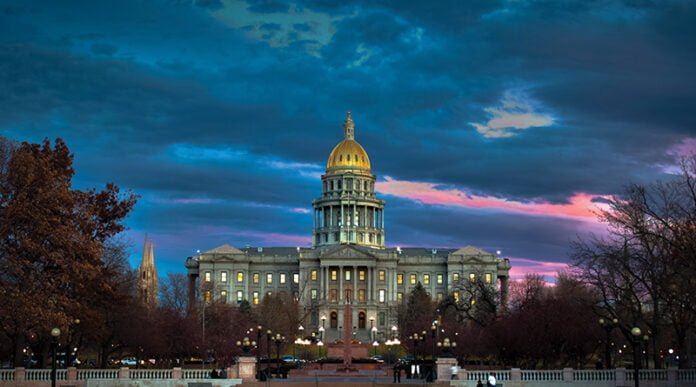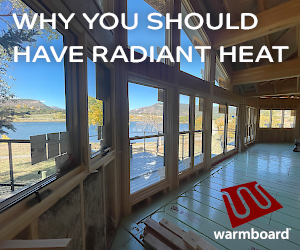As is often the case, the year following statutory or appellate changes to the law proves to be of little import at the legislature. So it was with the 2018 Colorado legislative session. In 2017, the legislature passed HB 17-1279, and the Colorado Supreme Court issued its long-awaited decision in the Vallagio case. On the heels of such changes, it seemed as though the legislature was content to take a year off, at least as it concerns construction defect reform, to see how HB 17-1279 and the Vallagio decision affect the construction and insurance industries.
RELATED: The Next Evolution in Colorado Construction Defect Litigation?
Arbitration bills among unsuccessful, postponed legislation
Perhaps to soften the blow dealt to plaintiffs’ attorneys by the Vallagio decision, there were two bills introduced in the House of Representatives that would have had a chilling affect on arbitration in Colorado. HB 18-1261, the Colorado Arbitration Fairness Act, and HB 18-1262, the Arbitration Services Provider Transparency Act, would have required arbitrators to disclose information regarding past cases, including a list of all of the arbitration that they have participated in as an arbitrator during the prior five years, including the names of the parties, their attorneys, the nature of the dispute, the identity of the prevailing party, copies of any decisions and awards rendered, the amount claimed and the amounts awarded for damages and attorneys’ fees, and the number of times any party has used the arbitration service provider in the past, either for mediation or arbitration. Obviously, these bills were intended to remove one of the advantages of arbitration, which is confidentiality. It would also allow parties to shop for arbitrators based on his or her history of past awards.
Other bills postponed indefinitely during this year’s session include HB 18- 1107, which would have required home builders to offer their buyers the opportunity to have every home’s electrical system include an electric vehicle charging system; wiring upgrades to accommodate future installation of such a system; or a chase, conduit or both constructed to allow ease of future installation of the necessary wiring for such a system. SB 18-006 would have allowed counties to increase the surcharge of $1 for each document received for recording or filing to $5, with four of those dollars going to the state treasurer, who would credit it to the statewide attainable housing investment fund.
House bill may boost manufactured home market
With respect to successful bills, HB 18-1315 passed, expanding the state sales and use tax exemption for manufactured homes construction in compliance with the federal National Manufactured Construction and Safety Standards Act of 1974, from 48% of the purchase price to 100% of the purchase price. With the price of land, labor and materials continuing to escalate along the Front Range, perhaps this will provide even more incentive for buyers to look into manufactured homes. Additionally, SB 18-009 passed, declaring that consumers of electricity have a right to install, interconnect and use energy storage systems on their property. Perhaps this will drive consumer demand for such systems to be installed in new homes.








